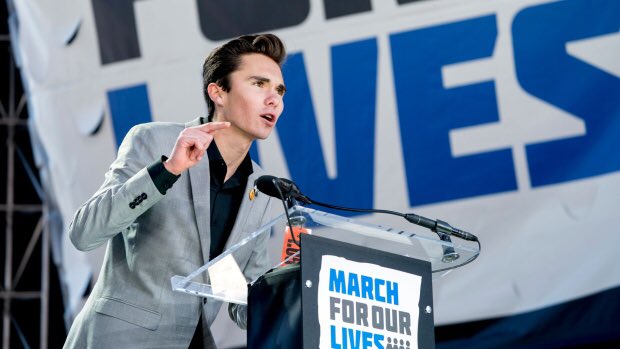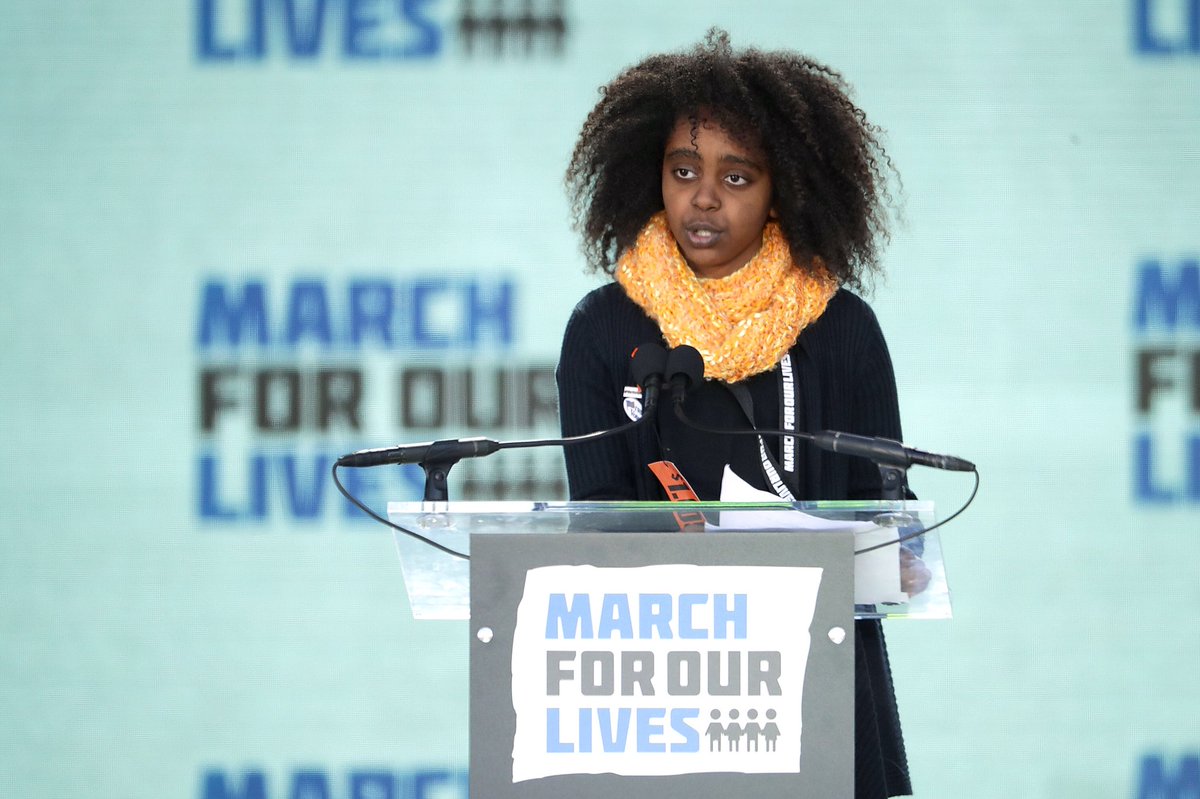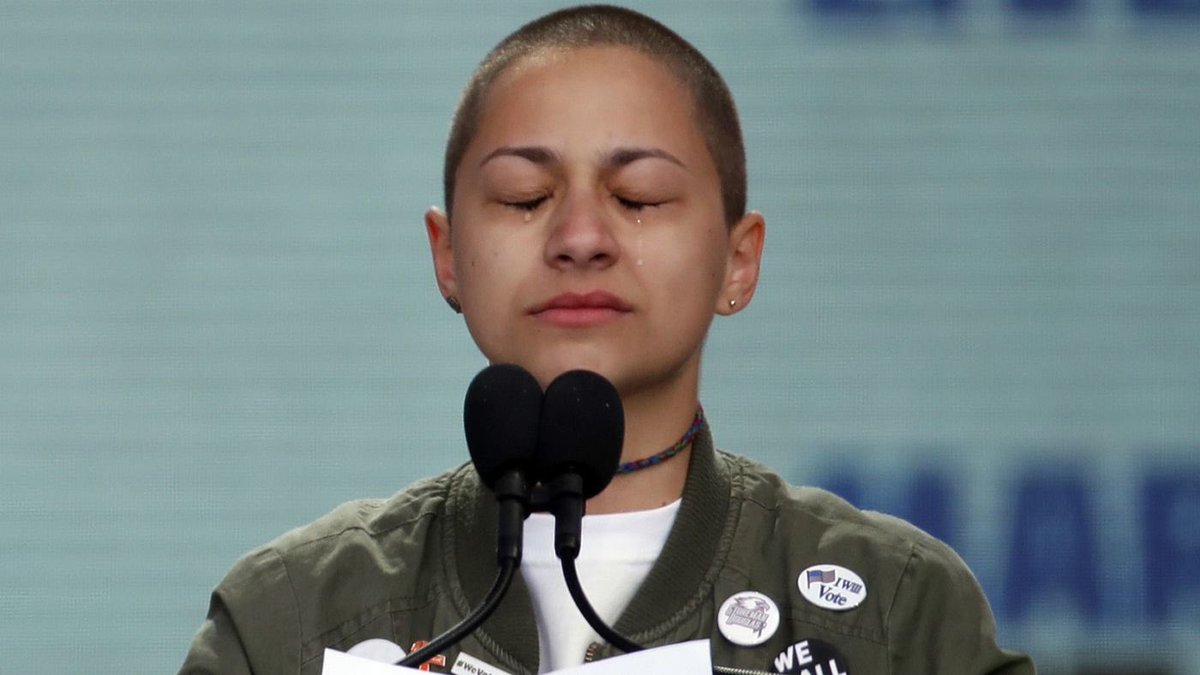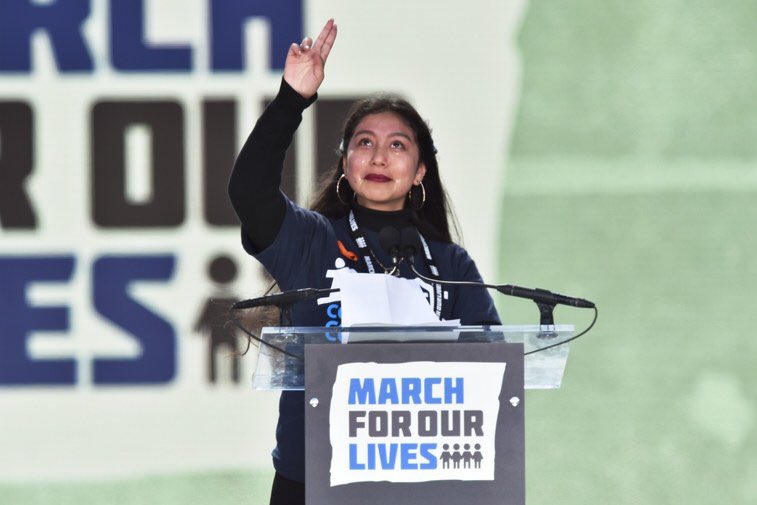
A few years ago, amid civil rights uprisings, I committed to launch a bi-national initiative to transform anti-Black public space discrimination to equitable public space through policy reform. Here’s our first BOLD Policy Project Brief:
windsorlawcities.ca/wp-content/upl…
windsorlawcities.ca/wp-content/upl…
Huge shout out to my primary collaborator Professor @annekersmit & @WLCitiesCentre, my generous funders @UWGreaterTO (Trustee), @UnitedWayCgy & @TorontoFdn & Professor L. Anders Sandberg for their invaluable support.
Here’s our project webpage, which is a living, dynamic policy transformation toolkit. We’ll be adding evidence-based & practice resources, community engagement info, a municipal policy review report, a survey, etc. over the next year.
windsorlawcities.ca/bold-policy-pr…
windsorlawcities.ca/bold-policy-pr…
It’s been a intense & grief-filled few years but with the kindness & patience of collaborators we are proud to launch this project on the final day of #BlackHistoryMonth . Where I come from, we don’t repeat history, we make it. 

• • •
Missing some Tweet in this thread? You can try to
force a refresh








